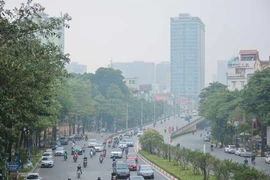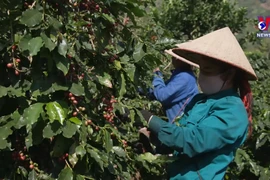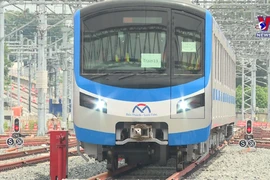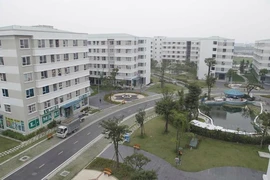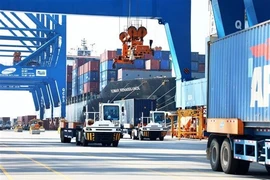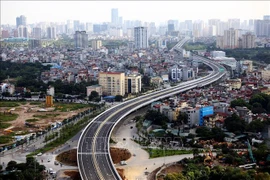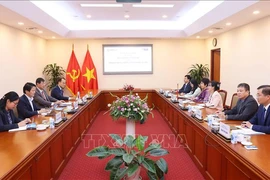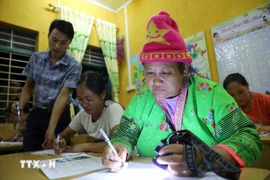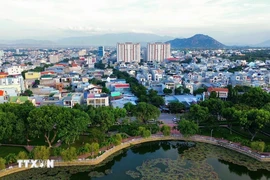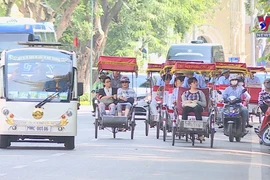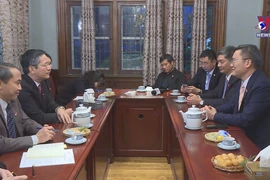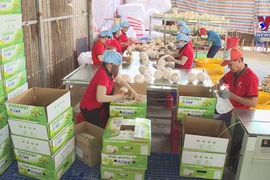In fact, the degree of flexibility between localities and ministries in the implementation of the resolution is quite different, with many factors having an influence.
Facing the fourth outbreak of the pandemic, the economy reacted very cautiously. There were businesses that chose to suspend operations due to safety concerns, while many others had to close as they could not meet the requirements of the health sector. This is also an issue that many people are concerned about at this point of time.
After more than three weeks of the resolution being implemented, the socio-economic situation in October saw many positive changes. Confidence among people, businesses, and investors about the resilience of the economy has been strengthened.
Economic analysts all agree that the Government has moved in a timely and flexible manner, from a policy of “Zero COVID-19” to safely and flexibly adapting to the pandemic. At the same time, it has made suggestions on “maintaining macro stability”, creating jobs and momentum for the country’s economic growth. The most important thing is consensus among the people and business community.
According to a report from the Ministry of Planning and Investment, the number of businesses returning to operations in October increased 29.8% compared to September, while more than 75% of workers returned to large cities and industrial parks. This eased the pressure from labour shortages experienced by enterprises. Export turnover in October also increased, by 6.4% compared to September, and trade was in surplus after many months of being in deficit./.



